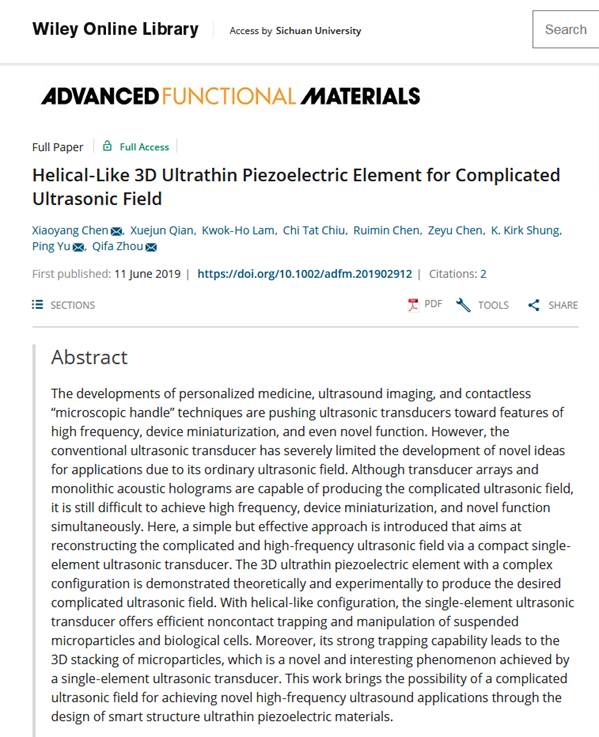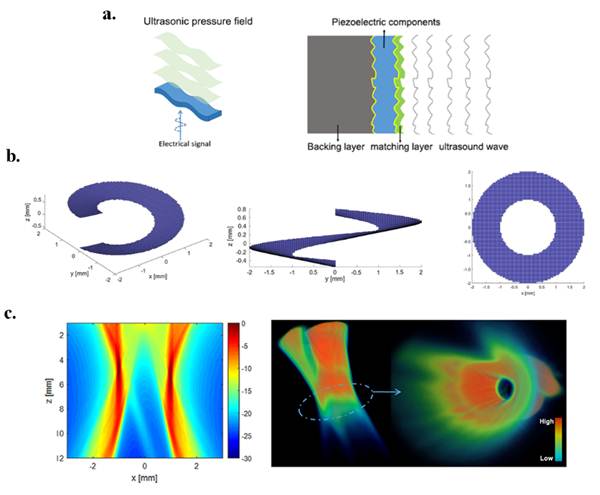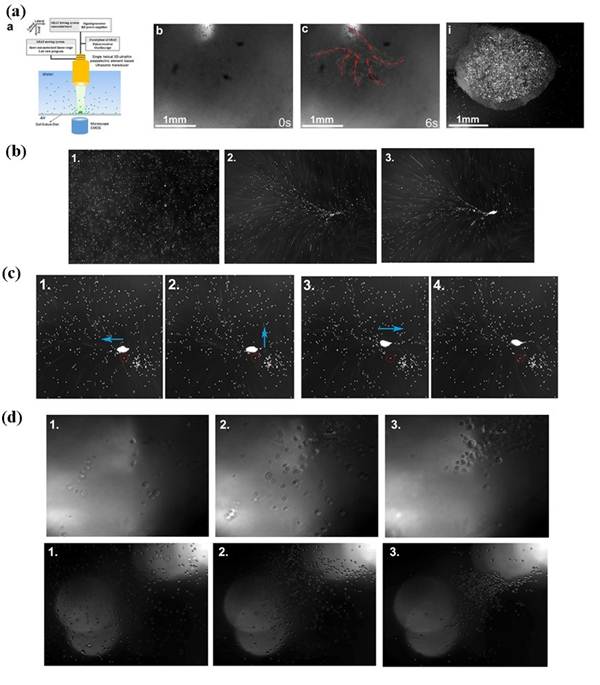Professor Ping Yu's team has published an original research article on “the use of ultra-thin piezoelectric sensors with 3D complex structure to construct ultrasonic complex sound field” in Advanced Functional Materials ( if = 15.621 ). The research is a cooperation project with the University of Southern California and the Hong Kong Polytechnic University. Given the current development trend of ultrasonic technology: new function, high frequency and device miniaturization, this research work has proposed for the first time to use ultra-thin piezoelectric sensors with complex 3D structure to realize complex high frequency ultrasonic field. The first author is Xiaoyang Chen, a post-doctoral research fellow at College of Material Science and Engineering. SCU Professor Ping Yu and Qifa Zhou, a professor of the University of Southern California, are the corresponding authors. Sichuan University is the first work unit.

Figure 1. Article home page
One of the most important applications of piezoelectric materials is ultrasonic transducer, which is the core device of ultrasonic technology. In particular, the technical requirements of medical diagnosis, treatment and biomedical research on fine imaging, precise positioning and particle manipulation in biological tissues, etc., are pushing the development of ultrasonic transducers towards features of high frequency, even ultra-high frequency, miniaturization and novel functions. “Here, a simple but effective approach is introduced that aims at reconstructing the complicated and high‐frequency ultrasonic field via a compact single‐element ultrasonic transducer. The 3D ultrathin piezoelectric element with a complex configuration is demonstrated theoretically and experimentally to produce the desired complicated ultrasonic field. With helical‐like configuration, the single‐element ultrasonic transducer offers efficient noncontact trapping and manipulation of suspended microparticles and biological cells. Moreover, its strong trapping capability leads to the 3D stacking of microparticles, which is a novel and interesting phenomenon achieved by a single‐element ultrasonic transducer. This work brings the possibility of a complicated ultrasonic field for achieving novel high‐frequency ultrasound applications through the design of smart structure ultrathin piezoelectric materials.” ( Abstrac t)

Figure 2: High frequency complex sound field by using three-dimensional helical ultra-thin piezoelectric sensor

Figure 3: (a) collection of 10 micron particles; (b) collection of 3 micron suspended microns; (c) horizontal movement of collected 3 micron particles; (d) collection of FB and hMSC cells;
Article link: https://onlinelibrary.wiley.com/doi/full/10.1002/adfm.201902912
The research has received funding from National Natural Science Foundation of China ( u1601208, 51802204 ) .
